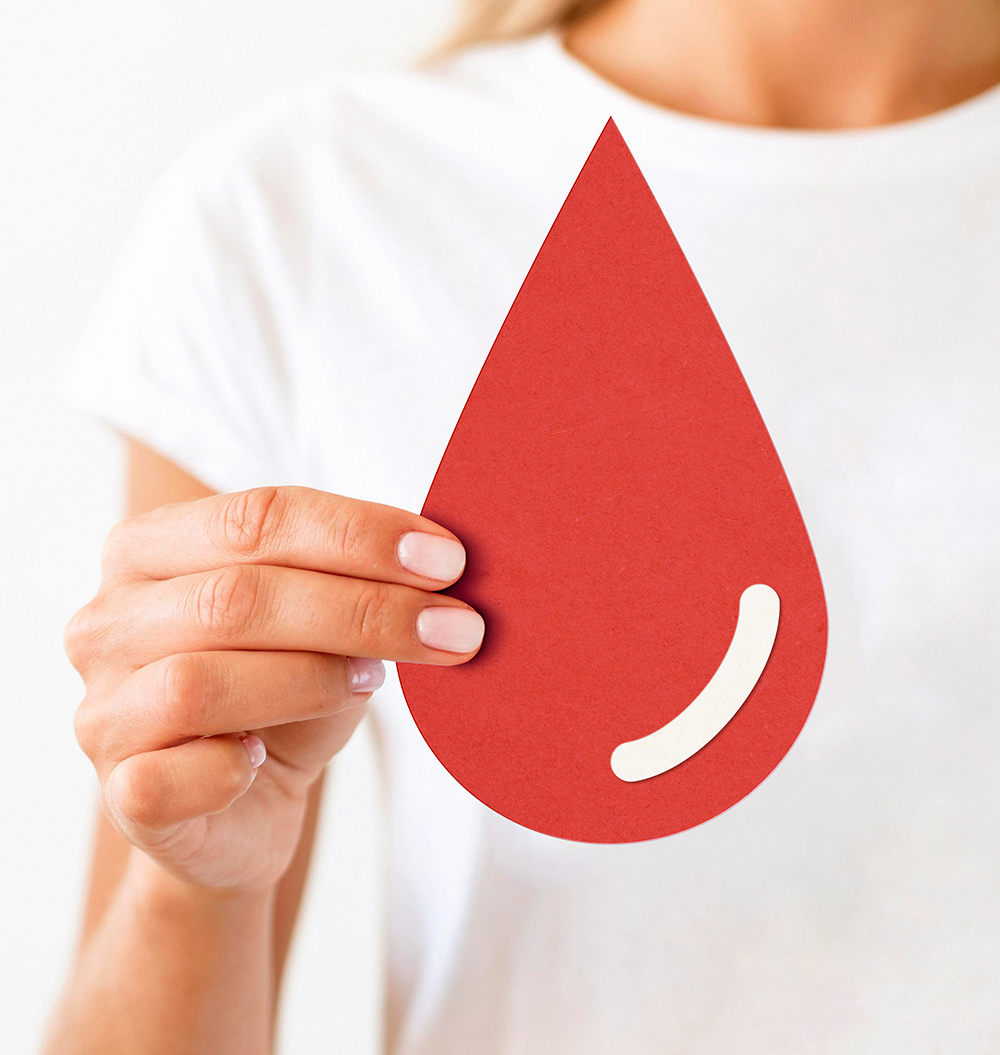Importance of Blood Donation
Blood donation is a crucial and life-saving act that has a profound impact on the health and well-being of individuals and communities. Here’s some information on the importance of blood donation:
- Saves Lives: Blood donation is the primary source of blood supply for medical treatments, surgeries, and emergency situations. Donated blood is used to save the lives of patients undergoing surgeries, trauma victims, cancer patients, individuals with blood disorders, and many more.
- No Substitute for Blood: Despite advances in medical science, there is no synthetic or artificial substitute for human blood. The only way to obtain blood is through voluntary donations from individuals like you.
- Every Drop Counts: Each donation can be separated into its various components (red blood cells, plasma, platelets), which can be used to treat specific medical conditions. This means that one donation can potentially help multiple patients.
- Short Shelf Life: Blood components have a limited shelf life. Red blood cells, for example, can be stored for around 42 days. Platelets have an even shorter shelf life. Regular donations are needed to maintain an adequate and constant supply.
- Emergency Situations: During natural disasters, accidents, or other emergencies, the need for blood can surge dramatically. Having a sufficient blood supply readily available can be the difference between life and death for those affected.
- Chronic Illnesses: Individuals suffering from chronic illnesses like leukemia, sickle cell anemia, and thalassemia require regular blood transfusions to manage their conditions and maintain a good quality of life.
- Cancer Treatment: Cancer patients often undergo chemotherapy, which can destroy their healthy blood cells. Blood transfusions help these patients recover and endure the rigors of treatment.
- Childbirth Complications: Complications during childbirth can lead to excessive bleeding (postpartum hemorrhage). Blood transfusions may be necessary to save the life of the mother.
- Surgery and Trauma: Major surgeries and traumatic injuries can result in significant blood loss. Immediate access to blood products is essential for surgical procedures and trauma care.
- Community Responsibility: Donating blood is a simple and direct way to contribute to the well-being of your community. By donating, you’re helping your neighbors, friends, and fellow citizens when they are in need.
- Health Benefits for Donors: Blood donation isn’t just beneficial for recipients; it’s also good for donors. It can stimulate the production of new blood cells, reduce the risk of certain diseases, and offer a sense of fulfillment by knowing you’ve made a positive impact.
- Regular Supply: To ensure a stable and sufficient blood supply, regular donations from healthy individuals are essential. Your willingness to donate on a recurring basis can help maintain a consistent flow of blood products for those in need.
In conclusion, blood donation is an act of selflessness and compassion that has a far-reaching and life-changing impact. By donating blood, you are playing a vital role in safeguarding and enhancing the lives of countless individuals. Your contribution is a gift of life.


